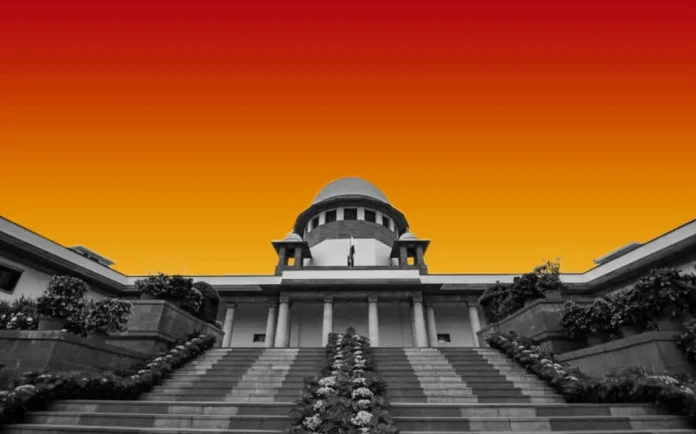The Supreme Court on Thursday stayed a recent Lokpal order allowing complaints against High Court judges under the Lokpal and Lokayuktas Act, 2013.
The Bench of Justice BR Gavai, Justice Surya Kant and Justice Abhay S Oka passed the order on a suo motu case initiated by the Court following the January 27 order passed by the Lokpal.
Termed the order as something ‘very very disturbing,’ the Apex Court issued notice to the central government and the Registrar of Lokpal.
Solicitor General Tushar Mehta, representing the Centre, said that High Court judges would never fall within the ambit of the 2013 Act. Each judge was the High Court, he added.
Senior Advocate Kapil Sibal also offered to assist the Court on the issue. Terming the ruling as exceptionally disturbing, Sibal said it was fraught with danger. He further sought a stay on the order.
The order was passed by the the Lokpal’s Full Bench headed by Justice AM Khanwilkar, while dealing with two complaints against a High Court judge alleging him of influencing an Additional District Judge and another High Court judge in a suit.
Without going into the merits of the allegations, it ruled that the Judges of the High Court, established by an Act of Parliament, came within the ambit of Section 14 of the 2013 Act. A High Court judge met the definition of a ‘public servant’. The Lokpal and Lokayuktas Act, 2013 does not exclude judges, it added.
The Lokpal, however, decided to first approach the Chief Justice of India (CJI) for guidance on the issue. It deferred further action on the complaints till four weeks, keeping in mind the statutory time frame to dispose of the complaint in terms of Section 20 (4) of the 2013 Act.
The complaints were also forwarded to the CJI by Lokpal.
The Lokpal redacted the name of the judge and the High Court before making its decision public.
The Apex Court today injuncted the person, who filed complaints against the High Court judge before the Lokpal, from disclosing the judge’s name and the contents of the complaint.
It then listed the matter for further hearing on March 21.


